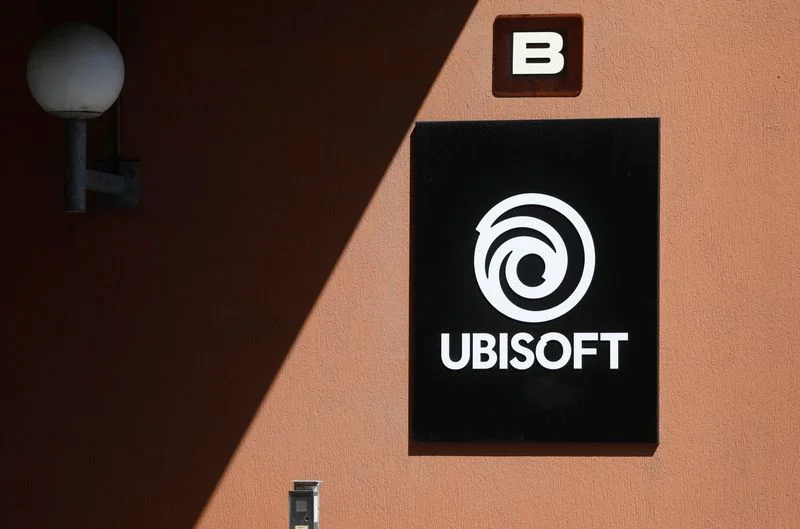
Ubisoft’s Rocky Road: ‘Assassin’s Creed Shadows’ a Bright Spot Amidst Delays and Restructuring
Ubisoft, the gaming giant behind the iconic Assassin's Creed franchise, is navigating a challenging landscape marked by project delays, restructuring, and fluctuating financial performance. While the recent success of Assassin's Creed Shadows offers a glimmer of hope, the company faces considerable headwinds in the competitive gaming market.
After achieving profitability in 2023-24, Ubisoft reported a net loss of 159 million euros ($178 million) on revenues of 1.9 billion euros – a 17.5 percent year-on-year decline. CEO Yves Guillemot acknowledged the mixed dynamics within Ubisoft's portfolio amidst intense industry competition. This setback stems from underperforming releases and the cancellation of multiplayer shooter XDefiant due to a lack of player engagement.
However, Assassin's Creed Shadows has emerged as a strong performer, attracting over three million players since its release and becoming the second-best-selling game of the year so far in the United States, according to Circana. This positive momentum underscores the enduring appeal of the Assassin's Creed universe, even as the company grapples with broader strategic shifts.
Ubisoft is undertaking significant restructuring efforts to address its business woes. A new subsidiary has been created to manage its top franchises: Assassin's Creed, Far Cry, and Rainbow Six. This new unit, which will employ around 3,000 of Ubisoft's 17,000 employees, will pay royalties to the parent company for using the game brands. This subsidiary is valued at over four billion euros, following a substantial investment from Chinese tech giant Tencent.
The company is also delaying the release of some of its major IPs to improve game quality. According to financial reports, the decision to delay Assassin's Creed Shadows has proven beneficial, leading to a higher-rated game. This strategic shift affects titles across the Assassin's Creed pipeline and the anticipated next installment of the Far Cry series, potentially pushing its release to late 2026. These "biggest productions" likely also include the Splinter Cell Remake (codename "North"), and the next mainline Ghost Recon game (codename "Ovr").
The next year for Ubisoft may see fewer releases from its billion-dollar IPs, but the company is also developing smaller experiences around these games, such as a multiplayer Assassin's Creed offering codenamed Invictus and a remake of Black Flag codenamed Obsidian. A smaller Rainbow Six experience, codenamed Slice and Dice, is also in development.
According to Guillemot, Ubisoft's restructuring program includes closures of some foreign studios and thousands of job cuts, with the company only replacing one in three departing workers. This cost-cutting drive aims to save a further 100 million euros over the coming two years. At the same time, Tencent's increased stake in Ubisoft raises questions about potential future acquisitions, even as the Guillemot brothers aim to retain control.
Will Ubisoft's strategic restructuring and focus on game quality ultimately lead to a sustained turnaround? What are your thoughts on the future of Ubisoft and its iconic franchises? Leave your comments below!